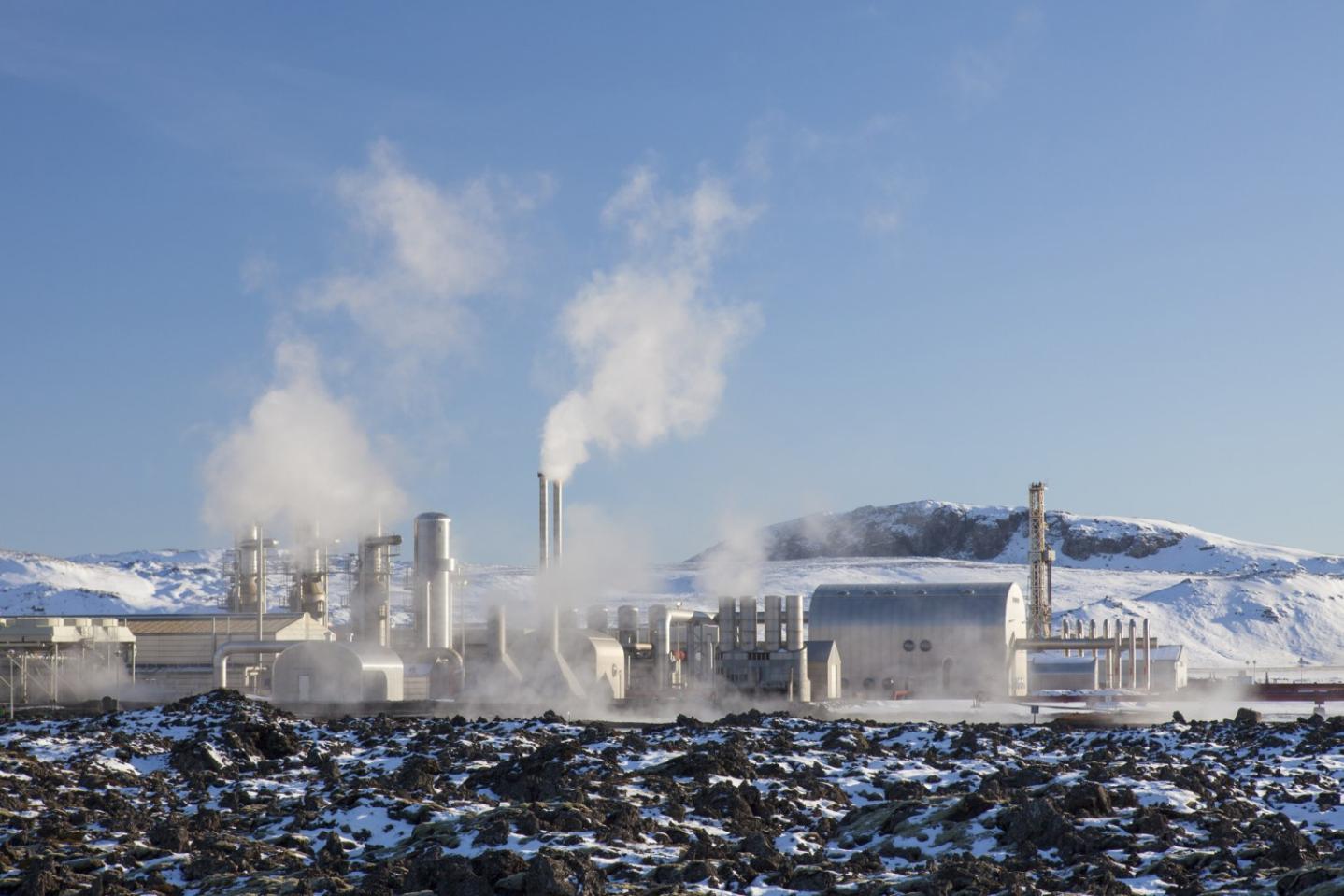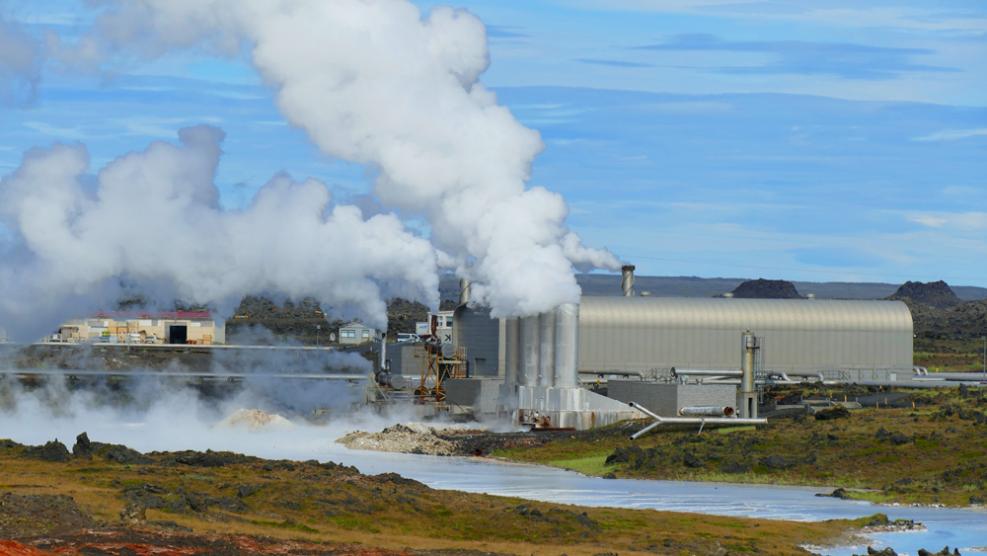How Can I Invest in Geothermal Energy?
Geothermal energy is a renewable energy source that harnesses the heat from the Earth's core to generate electricity. It is a clean, sustainable, and reliable source of energy that has the potential to make a significant contribution to the global energy mix.

The demand for geothermal energy is growing rapidly, driven by concerns about climate change and the need to reduce our reliance on fossil fuels. Geothermal energy is also becoming more affordable, thanks to advances in technology and the falling cost of drilling.
Understanding Geothermal Energy Investments
Types Of Geothermal Energy Technologies
- Dry steam: This is the most common type of geothermal technology. It uses steam from underground reservoirs to drive a turbine that generates electricity.
- Flash steam: This technology uses hot water from underground reservoirs to create steam, which is then used to drive a turbine.
- Binary cycle: This technology uses a working fluid, such as isobutane or pentane, to transfer heat from the geothermal reservoir to a turbine. The working fluid is then vaporized and used to drive the turbine.
- Enhanced geothermal systems (EGS): This technology involves creating artificial fractures in underground rock formations to allow hot water or steam to flow more easily. This can make it possible to extract geothermal energy from areas that would otherwise be inaccessible.
Factors That Influence The Profitability Of Geothermal Energy Investments
- Resource potential: The amount of geothermal energy available at a given site is a key factor in determining the profitability of an investment.
- Technology selection: The type of geothermal technology used can also impact profitability. Some technologies are more efficient and cost-effective than others.
- Regulatory environment: The regulatory environment can also play a role in the profitability of geothermal energy investments. Some jurisdictions have more favorable policies and regulations than others.
- Market conditions: The market demand for geothermal energy and the price of electricity can also affect the profitability of investments.
Types Of Geothermal Energy Investments
Direct Investments
- Owning and operating geothermal power plants: This is the most direct way to invest in geothermal energy. However, it is also the most capital-intensive.
- Investing in geothermal exploration and development companies: These companies explore for and develop geothermal resources. They may also own and operate geothermal power plants.
- Purchasing geothermal energy through power purchase agreements (PPAs): PPAs are contracts between geothermal energy producers and electricity consumers. Under a PPA, the consumer agrees to purchase a certain amount of electricity from the producer at a fixed price for a specified period of time.
Indirect Investments
- Investing in companies that manufacture geothermal equipment and technology: These companies provide the equipment and technology needed to develop and operate geothermal power plants.
- Investing in funds that focus on renewable energy or clean energy projects: These funds invest in a variety of renewable energy projects, including geothermal energy.
Evaluating Geothermal Energy Investment Opportunities
- Assess the geothermal resource potential of the project site: This can be done by conducting geological and geophysical surveys.
- Evaluate the technology being used and its track record: Some technologies are more efficient and cost-effective than others.
- Analyze the regulatory environment and policy support for geothermal energy: Some jurisdictions have more favorable policies and regulations than others.
- Consider the market demand for geothermal energy and the potential revenue streams: The demand for geothermal energy is growing rapidly, but it is important to assess the specific market conditions in the area where the project is located.
Managing Risks Associated With Geothermal Energy Investments
- Address the geological and technical risks associated with geothermal energy projects: These risks include the potential for earthquakes, volcanic eruptions, and other geological hazards.
- Mitigate financial risks through diversification and hedging strategies: Geothermal energy investments can be risky, so it is important to diversify your portfolio and use hedging strategies to reduce your exposure to risk.
- Understand the regulatory and policy risks that may impact the project's profitability: Changes in government policies and regulations can impact the profitability of geothermal energy investments.
Geothermal energy is a promising renewable energy source that has the potential to make a significant contribution to the global energy mix. Geothermal energy investments can be profitable, but they also carry some risks. It is important to carefully evaluate the risks and rewards before making an investment.
If you are interested in investing in geothermal energy, there are a number of resources available to help you get started. The U.S. Department of Energy (DOE) offers a variety of resources, including information on geothermal technologies, investment opportunities, and financial assistance. You can also find information from the Geothermal Energy Association (GEA), a trade association that represents the geothermal energy industry.

YesNo

Leave a Reply